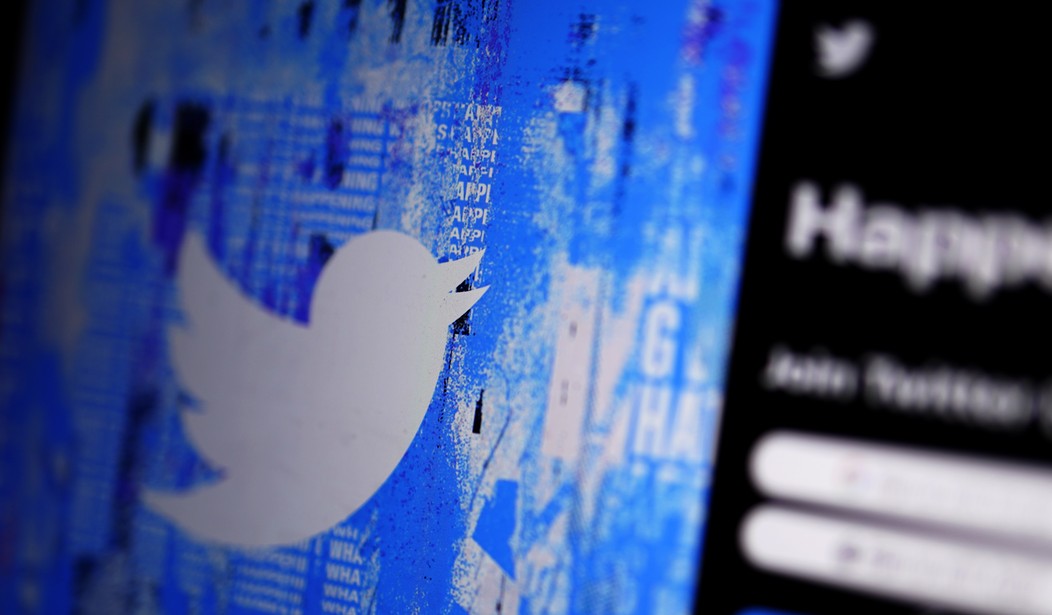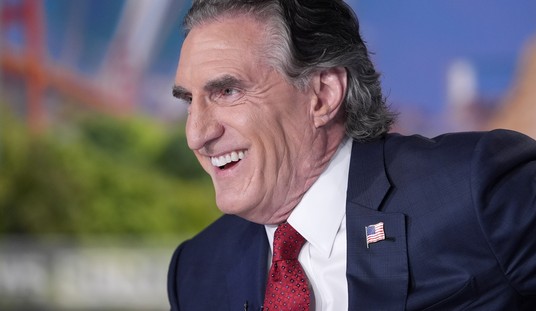With the exception of you lucky people who have somehow managed to avoid joining Twitter thus far, most of you are probably aware that the social media platform took a nose dive last night. It wasn’t a complete crash, but the main Twitter service was failing to update for many users, and features such as “like” and “retweet” stopped working. Tweetdeck, the platform I have used for a decade, went down entirely for me, while others were able to access it sporadically while facing similar failures as were seen on the primary platform.
Given all of the rumors swirling around the web regarding all of the cuts that Elon Musk made at Twitter HQ and the possibility that the system might fail entirely, some of us were immediately concerned that this might be “the big one” (to put it in earthquake terms). What if Musk has grown tired of this game and simply pulled the plug? Particularly for those of us who work online for a living, it would represent a major sea change.
Part of my job is to stay on top of current events and the reality is that I find out about breaking news on Twitter vastly more often than the occasions when I first see it on TV or on a news website I happen to be browsing. I have two columns set up in Tweetdeck dedicated solely to the accounts of dozens of major news sites and journalists who regularly report headlines in real time. I generally wind up following a link or going to another site to get the full details, but Twitter is where I learn of current events first almost exclusively.
We could all go back to hunting for news in other ways, obviously. But what of the content we’ve already published? (And by “we” I mean everyone across all platforms that publishes news-related content.) At this point, it’s rare to see an article at Hot Air or pretty much any online news and opinion site that doesn’t have a tweet embedded in it or at least a link to a tweet. We embed relevant videos tweeted by others all of the time because it’s just so convenient and quick. But if Twitter dies, all of that content will be full of holes and broken links, with much of the relevant information we are writing about having disappeared forever. This would vastly erode the value of all of those archives.
And then there are the social aspects of the virtual spaces we have created on Twitter, some of which cross over into both vocational and avocational realms. The writers and management here at Hot Air take part in daily conversations that happen almost exclusively via Twitter direct messaging and group DMs. I converse with friends and family in the same fashion. Whole communities, some of them enormous, have evolved around any number of subject areas. (I have a Tweetdeck column dedicated exclusively to #UFOTwitter.) The Twitter “Spaces” feature is filled with people engaging in audio conversations every hour of the day. If the plug is pulled, all of that activity will go dark and silent in an instant.
But would it really be all that bad? I will freely confess that when Tweetdeck crashed, I briefly felt like I understood what it must have been like for Hunter Biden when he realized he had just snorted his last line of crack off of some hooker’s backside and the bag was empty. It felt like a form of withdrawal. That led to a thought passing through my mind. ‘This can’t be healthy, right?’
Twitter isn’t just a digital “town square” anymore. We’ve embedded it into so many aspects of our personal and professional lives that it’s become almost foundational in the sector of society that regularly uses it. We’ve been working off of the assumption that it would just be out there forever. But what if that’s not true? Just some food for thought for you to ponder while we wait for the weekend to roll around.








Join the conversation as a VIP Member